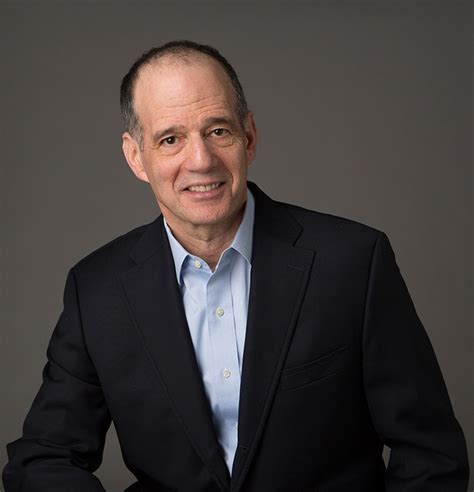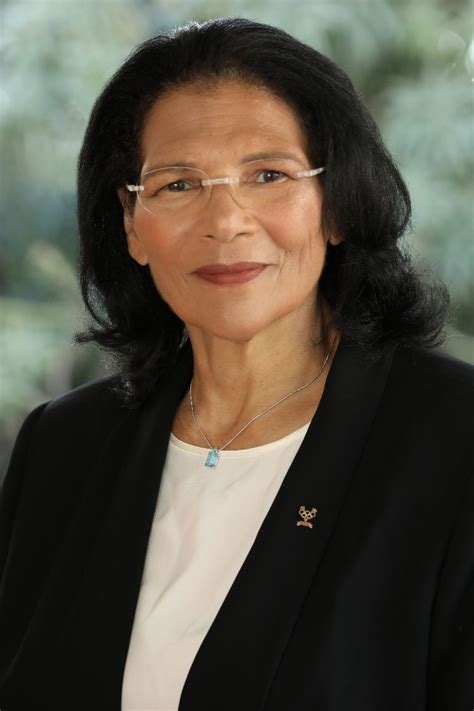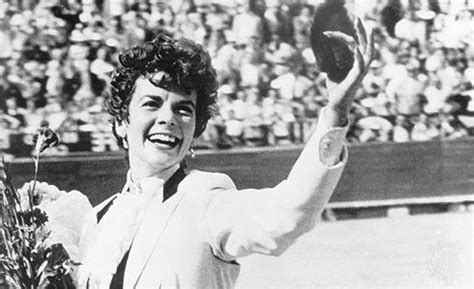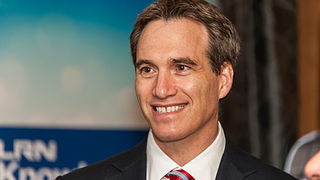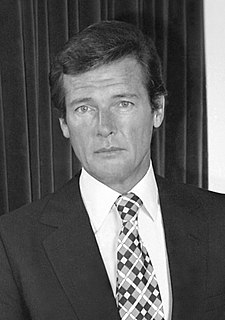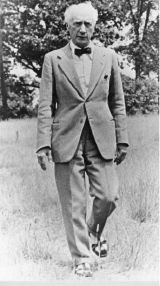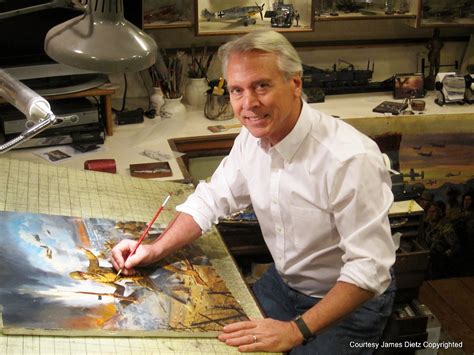A Quote by Barry S. Strauss
Rowing it was pointed out, was a sport that risked few injuries. So it was, I ould discover, but only if you did it right.
Related Quotes
Bullfighting has some of the elements of a sport or contest, and in the United States most people think of it as a sport, an unfair sport. If you're in Spain or Mexico it's absolutely not a sport; it's not thought of as a sport and it's not written about as a sport. It has elements of public spectacle, but then so does, for example, the Super Bowl. It has elements of a deeply entrenched, deeply conservative tradition, a tradition that resists change, as you pointed out.
You risked your life, but what else have you ever risked? Have you risked disapproval? Have you ever risked economic security? Have you ever risked a belief? I see nothing particularly courageous about risking one's life. So you lose it, you go to your hero's heaven and everything is milk and honey 'til the end of time. Right? You get your reward and suffer no earthly consequences. That's not courage. Real courage is risking something that might force you to rethink your thoughts and suffer change and stretch consciousness. Real courage is risking one's clichés.
For all great innovations, someone took a risk. They risked capital; they risked their energy; they risked their opportunity cost; and more important, they risked failure. We can't innovate without the belief that we can succeed, the confidence that others will be there to help us on the journey, and the security that we will not be punished if we fail to reach our goal. A fast-moving world demands innovation for long-term success.
In addition to myself and a number of others, President Clinton talked about the deficit and the debt issue. And he pointed out, really, what I pointed out, which is that when he left office, we actually had projected surpluses for a long period of time, because when he put together his economic plan, he did it in a balanced way.
Anytime you have a female protagonist, it's going to turn into some feminist angle, and it's not a conscious thing on my part. It's only recently that that's been pointed out by the media . . . or pointed out by fans. I also find complicated, flawed characters interesting. What's the opposite? To play one-dimensional, boring failures?
The violence of the Left is symbolic, the injuries are not intended. The violence of the Right is real - directed at people, designed to cause injuries. Vietnam, nuclear weapons, police out of control are intentional forms of violence. The violence from the Right is aimed directly at people and the violence from the Left is aimed at institutions and symbols.
